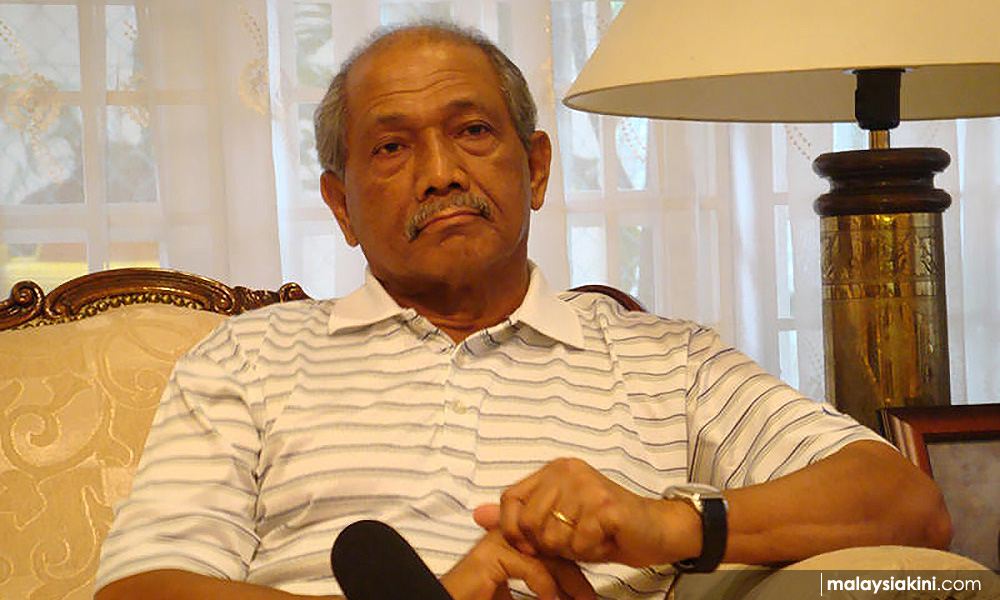
Very few images have continued to haunt Malaysians over the decades but one of it is undoubtedly that of Anwar Ibrahim’s black eye in 1998.
Swollen in black with laces of red and purple, the bruised eye told us what was wrong with the country. The pain felt by the heart upon seeing that image was a dreadful emotional tug that reverberated “injustice”.
If a former deputy prime minister could be treated this way, what more a common man without status, power, and privilege?
The inspector-general of police (IGP) at that time was Abdul Rahim Noor. It was under him that masked and armed security police stormed Anwar’s house and forcibly arrested him. Anwar was then taken into police custody where he was severely beaten.
Revisiting the incident
The following is a recollection of events based on the book ‘The Prosecution of Anwar Ibrahim: The Final Play’ by Mark Trowell and an article by BBC.
What happened on the night of Sept 20, 1998, was recounted by Anwar to judge Hasnah Hashim:
“I was asked to stand up and I was boxed hard on the left temple and the right part of my head. I was hit very hard on the left part of my neck. I was then slapped very hard left and right, until blood seeped from my nose and lips”.
A government forensic report in 1999 confirmed this, stating that Anwar was indeed “hit by a blunt object at least four times on the head and neck and slapped at least twice”.
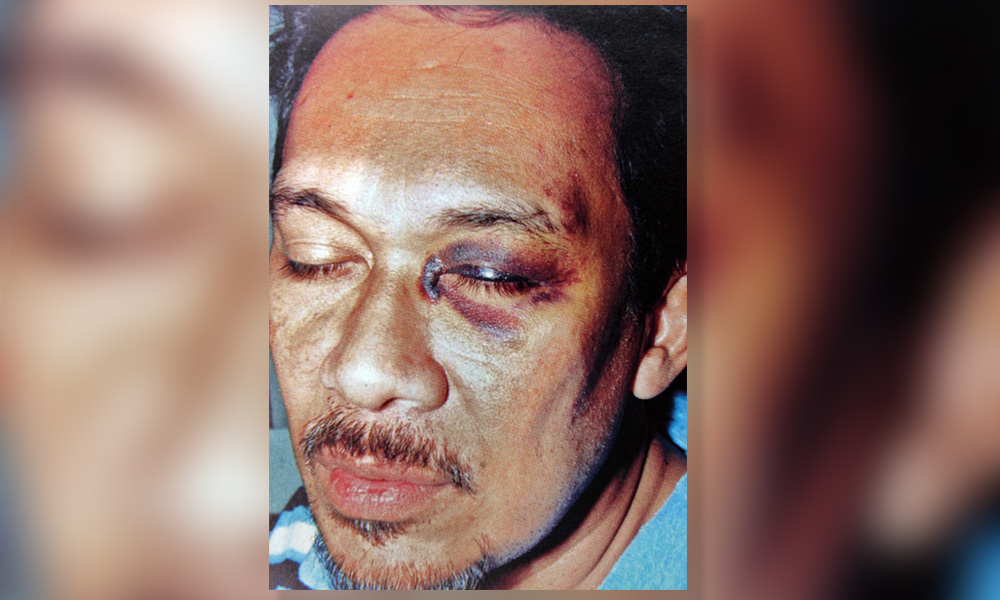
Junior police officers who couldn’t bear with what they saw quickly rushed to help Anwar, many with tears in their eyes. The injuries could have been lethal. Without their help, Anwar could have died.
All requests for medical attention were dismissed. Anwar was left lying on the floor, unconscious.
Meanwhile, Rahim told the press that Anwar was safe in custody and assured the public he was in good condition. He lied.
The then prime minister Dr Mahathir Mohamad and the media played up the narrative that Anwar injured himself. Rahim even said that Anwar fell over a concrete slab.
It was only in March 1999 that Rahim admitted to a Royal Commission of Inquiry that it was he who assaulted Anwar in police custody.
After pleading guilty in an ensuing court case, Rahim was fined RM2,000 and sentenced to two months in jail — a sentence which Anwar's lawyer Karpal Singh called “manifestly inadequate”.
All of this was corroborated by the open letter written in 2010 by former chief of Criminal Investigation Department Mat Zain Ibrahim to the then IGP Ismail Omar (photo).
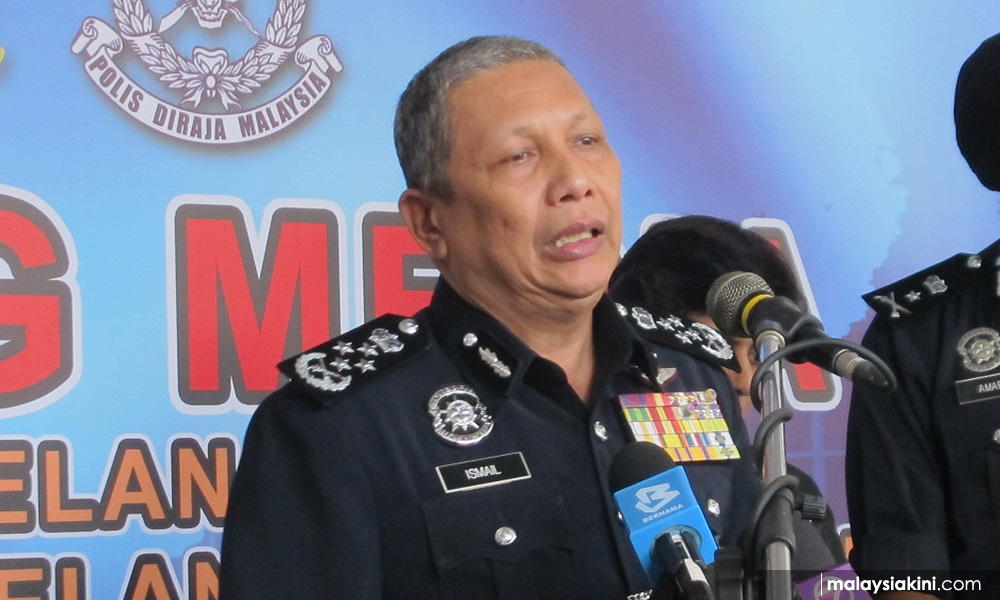
Mat Zain, the police officer who investigated the assault, confirmed that there was a fabrication of forensic evidence to show that Anwar “injured himself” in the black eye incident.
This would later have an effect on Anwar’s Sodomy II trial.
More than meets the eye
I recounted all these details to demonstrate one point: the black eye incident was never an isolated single-day event hidden in the corners of history; instead, it is the epitome of institutional abuse of power.
In other words, the fundamental problem of our country is institutions, institutions, institutions. (‘Why Nations Fail’ by Daron Acemoglu and James A Robinson)
When we say our “institutions” are in trouble, it means key organs of government like the police and judiciary are not functioning the way it is supposed to.
The judiciary that convicted Anwar was influenced by and subservient to the government of the day; the police appeared to serve the political interests of select individuals rather than the country; the IGP was a man who has no appreciation for human rights, procedures, and the law… and would beat you up until you almost die.
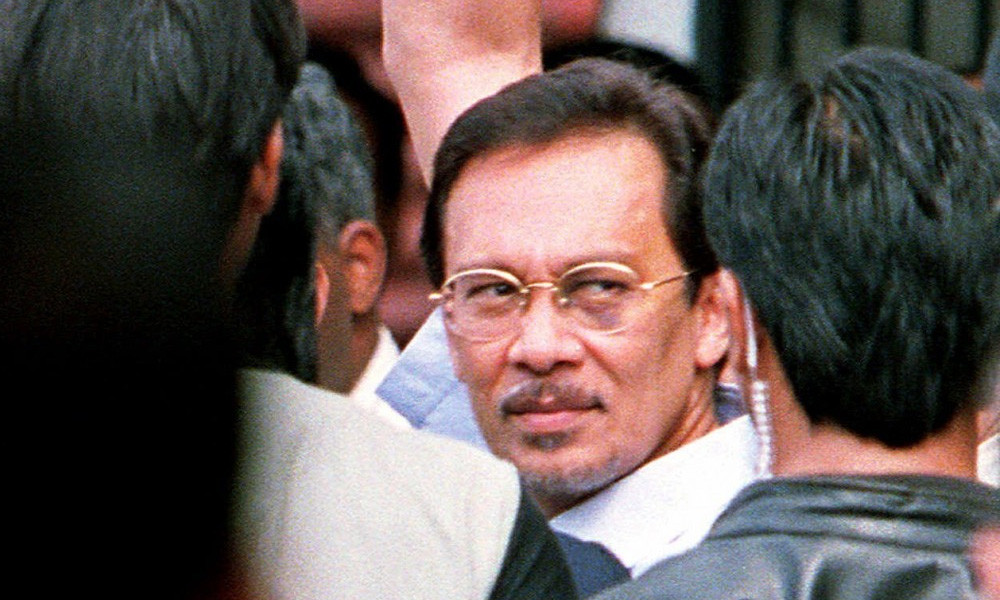
Our institutions are in ruins if they cannot serve the people impartially.
Our institutions are in ruins when key personnel have no interest in carrying out their duties with honour and integrity.
Our institutions are clearly in ruins as it repeated past abuses, convicted Anwar time and again — and ultimately gave us the grand farce that is Najib Abdul Razak.
Rahim as peace facilitator
Now, officially appointing Rahim as the southern Thailand peace process facilitator is problematic not only because it looks bad. It is a debate about values — institutional values.
Will we be okay as a nation to accept the government endorsing the man who played a central role in abuse of power?
Are we ready to say that he is “vastly experienced” and forget all that he has done before?
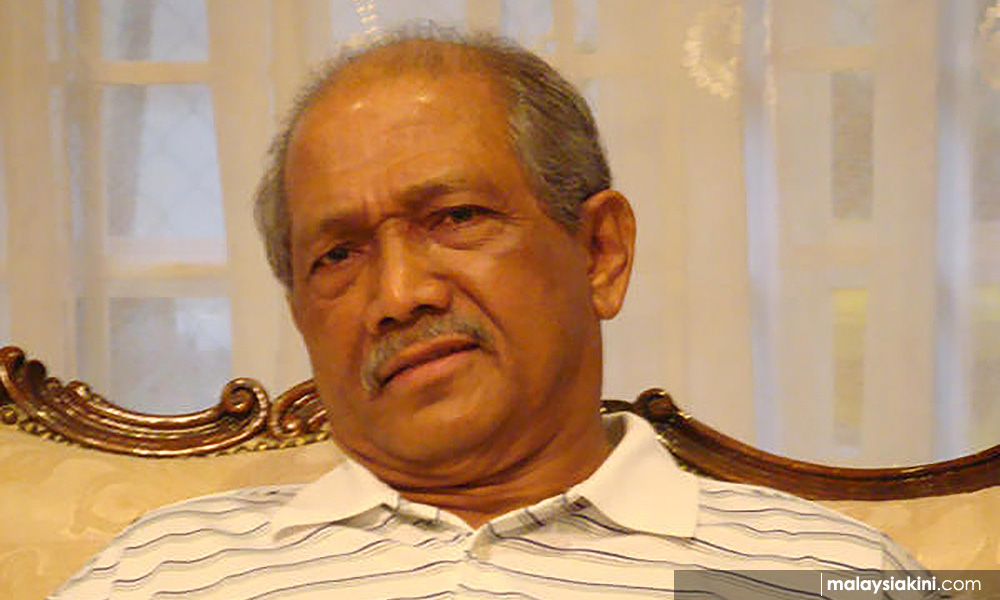
Are we ready to accept that “past is the past” and forget that all the problems we have today started from actors who abused institutions?
Rahim’s appointment sends a bad message.
At best, it says the government is prepared to officially endorse a key actor of one of the darkest chapters of Malaysian history; at worst, it says institutional abuse of power of the past is acceptable.
A country collapses at the death of its institutions.
Some people may say that the feelings of Anwar, Wan Azizah Wan Ismail, Nurul Izzah Anwar, and their family should not matter in the government’s rationale of appointing Rahim. Maybe so.
But if you see the black eye incident as an emblematic marker of our failed institutions, and Anwar and his family as victims of the highest institutional abuse of power, then fairness and justice matters.
Like many of you, before and after May 9, I tried to persuade the people around me that the government under Mahathir now will be different from the past.
I don’t know why, but I can sense that I am becoming more and more unpersuasive by the day.
JAMES CHAI works at a law firm. His voyage in life is made less lonely with a family of deep love, friends of good humour and teachers of selfless giving. This affirms his conviction in the common good of people: the better angels of our nature. He tweets at @JamesJSChai. - Mkini



If the family can forgive Mahathir n embrace him... Why not him? Its a national security interest.
ReplyDelete